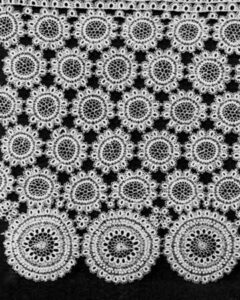Re:Verse passage – Psalm 139:13-16 pt. 2 (day four)
I’ve been struck this week by the fact that Jesus, by the power of the Holy Spirit, was knit together in his mother’s womb – just like us. His body was formed “in the depths of the earth,” though he was without sin. While he is fully God, he is also fully human; he experienced creation in his mother’s womb just as we have.
The womb is a sacred place because our bodies are sacred. God chose, in his grace, to give us dignity from the very start by making us in his image. This means that every moment of life is sacred, from the moment of conception to our final breath. Part of our role as people of God is to affirm that dignity in others – in the preborn, in the mother carrying that child in her womb, in those nearing end of life, and everything in between.
This calling is exhibited in Matthew 25:35-40. Jesus proclaims that what we do for others, we do unto him. When we give water to those who are thirsty or feed those who are hungry, we serve Jesus by serving his children and affirming their dignity. I think this idea can be extended to say, “What do you for the preborn, you do unto Christ. What you do for the expectant mother, you do unto Christ.”
One way FBCSA seeks to affirm the dignity of expectant mothers and their infants is through One By One Ministries. Use this link to learn more and consider serving: https://fbcsa.org/onebyone

